Events
Find information and join us for our upcoming events at the Department of Physical Therapy and Human Movement Sciences at Northwestern University Feinberg School of Medicine.
Looking for DPT admissions events? Register for an upcoming virtual info session or an in-person campus visit.
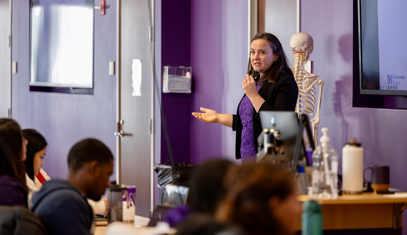
Grand Rounds Seminars
Our monthly seminars series, covering topics valuable to our NUPTHMS community.
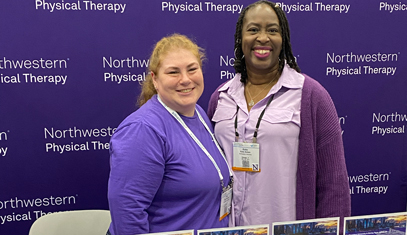
Combined Sections Meeting
Find our presenters at the largest physical therapy conference.
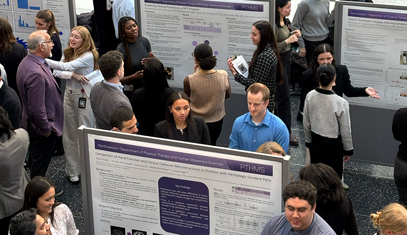
Kaleckas Lecture & Synthesis Day
Our annual lecture honoring Ann Putnam Kaleckas ('82).
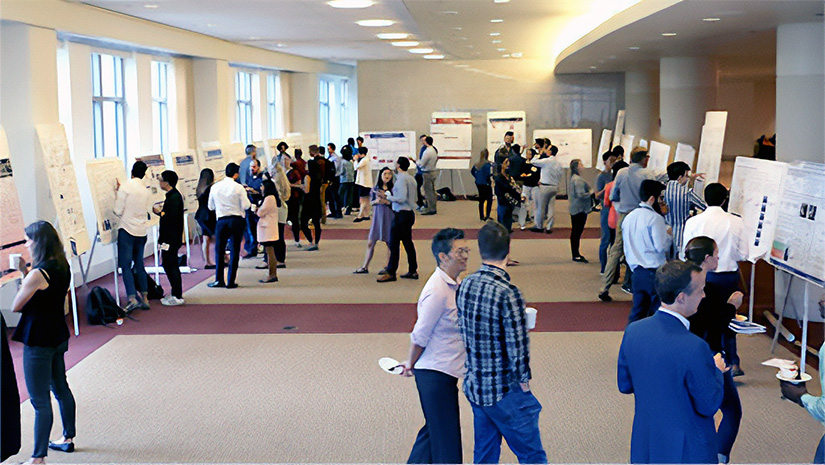
MRS Events
Our annual events brings together MRS practitioners to celebrate and showcase advancements in the field.
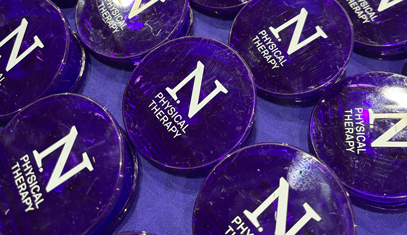
Continuing Education Events
Explore and register for upcoming CE events sponsored by NUPTHMS.
